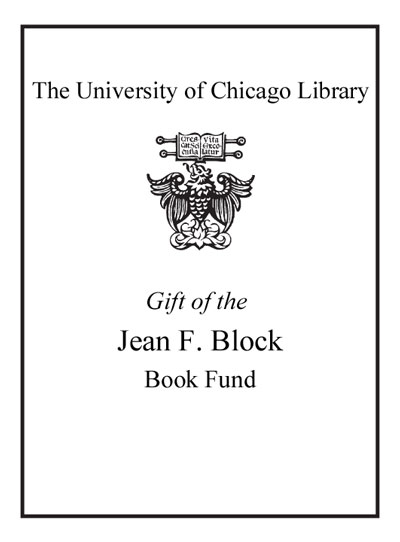Multivariate public key cryptosystems /
Saved in:
| Author / Creator: | Ding, Jintai. |
|---|---|
| Imprint: | New York, N.Y. ; [London] : Springer, ©2006. |
| Description: | xviii, 260 pages : illustrations ; 25 cm. |
| Language: | English |
| Series: | Advances in information security ; 25 Advances in information security ; 25. |
| Subject: | |
| Format: | Print Book |
| URL for this record: | http://pi.lib.uchicago.edu/1001/cat/bib/6117390 |
Table of Contents:
- Overview
- Matsumoto-Imai cryptosystems
- Oil-Vinegar signature schemes
- Hidden field equations
- Internal perturbation
- Triangular schemes
- Direct attacks
- Future research.


